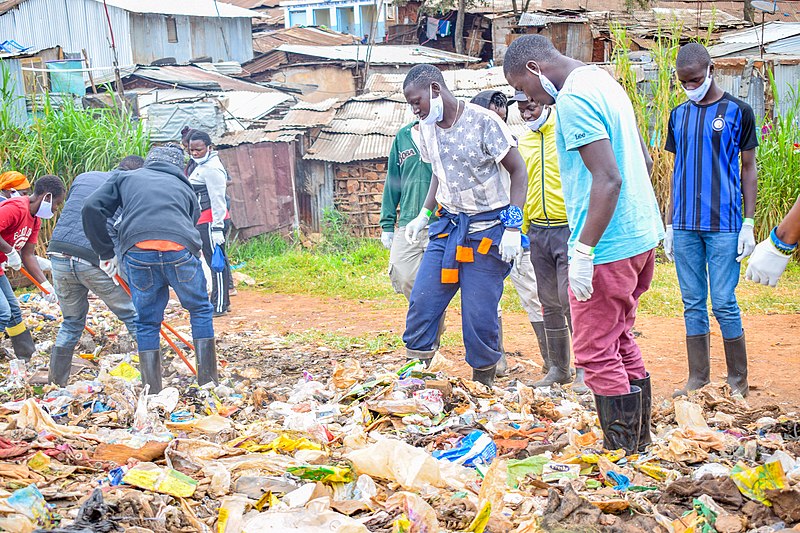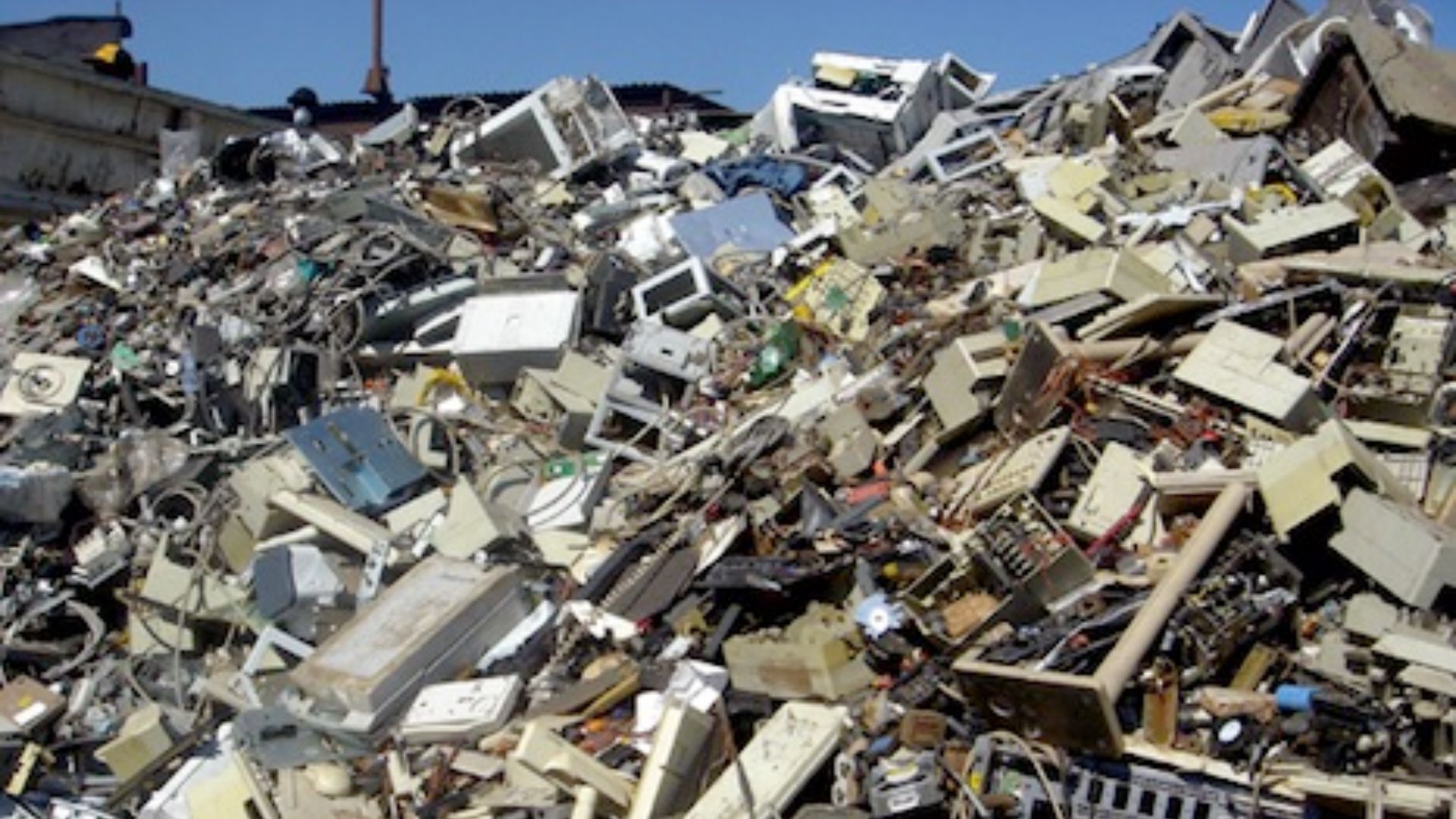In the pursuit of a greener planet, waste management has evolved from a simple trash disposal task to a dynamic and essential sector. Hence, offering diverse and rewarding career opportunities. This paradigm shift is not just about managing waste. But it’s about transforming it into wealth, both for individuals seeking fulfilling professions and for a planet in need of eco-friendly solutions. In this article we will delve into waste to wealth: Unlocking opportunities in eco careers.
The Changing Face of Waste Management Professions
Traditionally viewed as jobs dealing with refuse collection and disposal, waste management professions have undergone a profound transformation. Today, these careers encompass a spectrum of roles. Therefore, from waste reduction consultants and recycling coordinators to sustainability analysts and environmental engineers. As the world grapples with escalating environmental concerns, these professionals are at the forefront of creating sustainable and circular economies.
Navigating the Landscape of Eco Careers
Moreover, the diversity within waste management professions allows individuals to find a niche that aligns with their skills and passion. Waste reduction consultants advise businesses on minimizing their ecological footprint, while recycling coordinators orchestrate the collection and processing of recyclables. Sustainability analysts assess and enhance the environmental impact of organizations, and environmental engineers design innovative solutions for waste treatment and disposal.
Green Collar Gold: The Economic Impact
To add on, the surge in demand for eco-friendly practices has turned waste management into a thriving economic sector. In addition, as governments and businesses prioritize sustainability, professionals in waste management enjoy increased job prospects and competitive salaries. Therefore, the industry’s growth is not only economically rewarding for individuals but also contributes significantly to global efforts in environmental conservation.

Women Leading the Charge: Dumpster Divas
Moreover, breaking gender stereotypes, women are increasingly making their mark in waste management professions. From environmental scientists to waste facility managers, women are proving indispensable in driving sustainable practices and innovations. The rise of “Dumpster Divas” challenges preconceived notions and underscores the inclusivity and diversity within the eco-career landscape.
The Future of Waste Management Careers
With the escalating global focus on environmental preservation, waste management careers are poised for continued growth. Professionals in this field are not only essential today but are also instrumental in shaping a sustainable future. Thus, the emphasis on eco-friendly practices, circular economies, and waste reduction ensures that these careers will remain pivotal in addressing the world’s environmental challenges.
Educational Pathways and Skill Development
Finally, to excel in waste management professions, individuals can pursue education and training in environmental science, engineering, or sustainability. Gaining certifications in waste management practices and staying updated on the latest technologies and regulations enhances one’s competitiveness in this rapidly evolving field. Hence, employers increasingly value individuals with a strong commitment to environmental stewardship and a comprehensive understanding of waste management principles.
Challenges and Innovations: Paving the Way Forward
While waste management careers offer exciting prospects, they are not without challenges. Professionals in this field grapple with the complexities of evolving waste streams, regulatory frameworks, and the need for continuous technological advancements. However, these challenges breed innovation. The waste management sector is a hotbed for creative solutions. Therefore encouraging professionals to develop cutting-edge technologies, implement sustainable practices, and devise strategies for more efficient waste processing. Embracing these challenges head-on not only fortifies the resilience of waste management careers but also propels the industry toward a future of smarter and more sustainable waste solutions.
Conclusion
In conclusion, networking within the waste management community and staying involved in industry events and initiatives are crucial for career advancement. Professionals can join environmental associations, attend conferences, and engage in collaborative projects to stay abreast of industry trends, exchange ideas, and build a robust professional network. Waste to Wealth.



